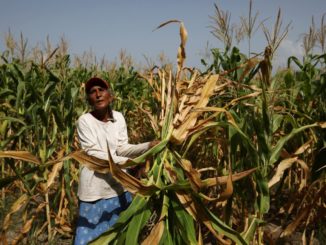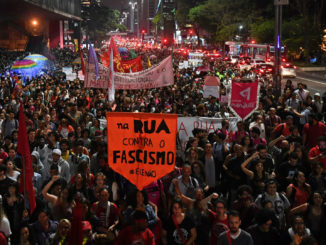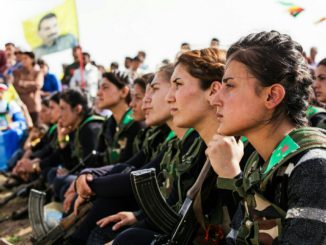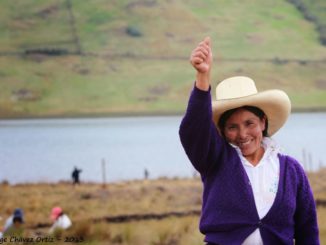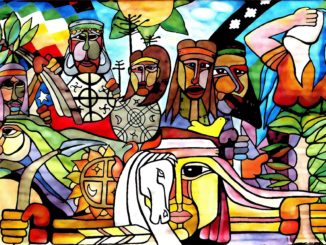
The State of Social Movements in Latin America: An Interview with Raúl Zibechi
The indigenous and African American communities know perfectly well that regardless of who is elected their situation will not change unless they themselves change. The only alternative they have is to strengthen their autonomy, their capacity to organize, and their capacity to make decisions. Naturally this process brings us beyond the immediate and what occurs in the electoral process. To me this is a very important question, because it places us in a situation where the political agenda is not being made by those in power, but rather the people.

